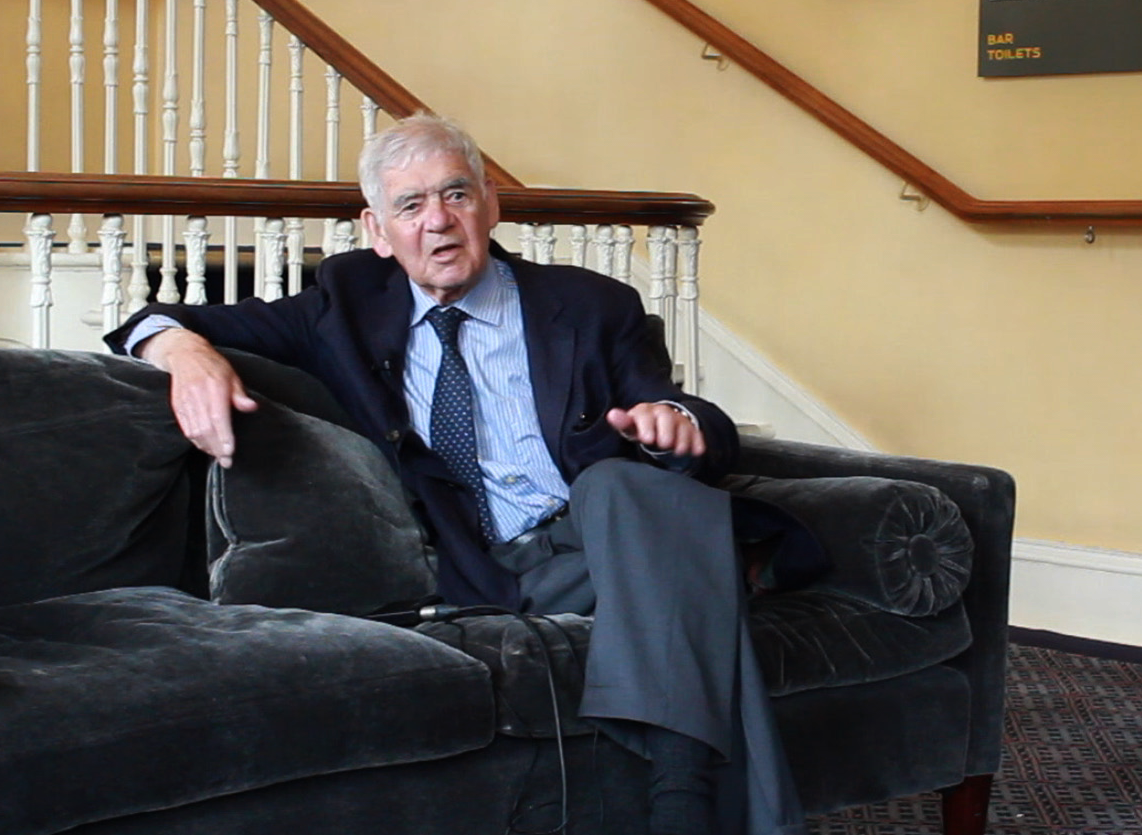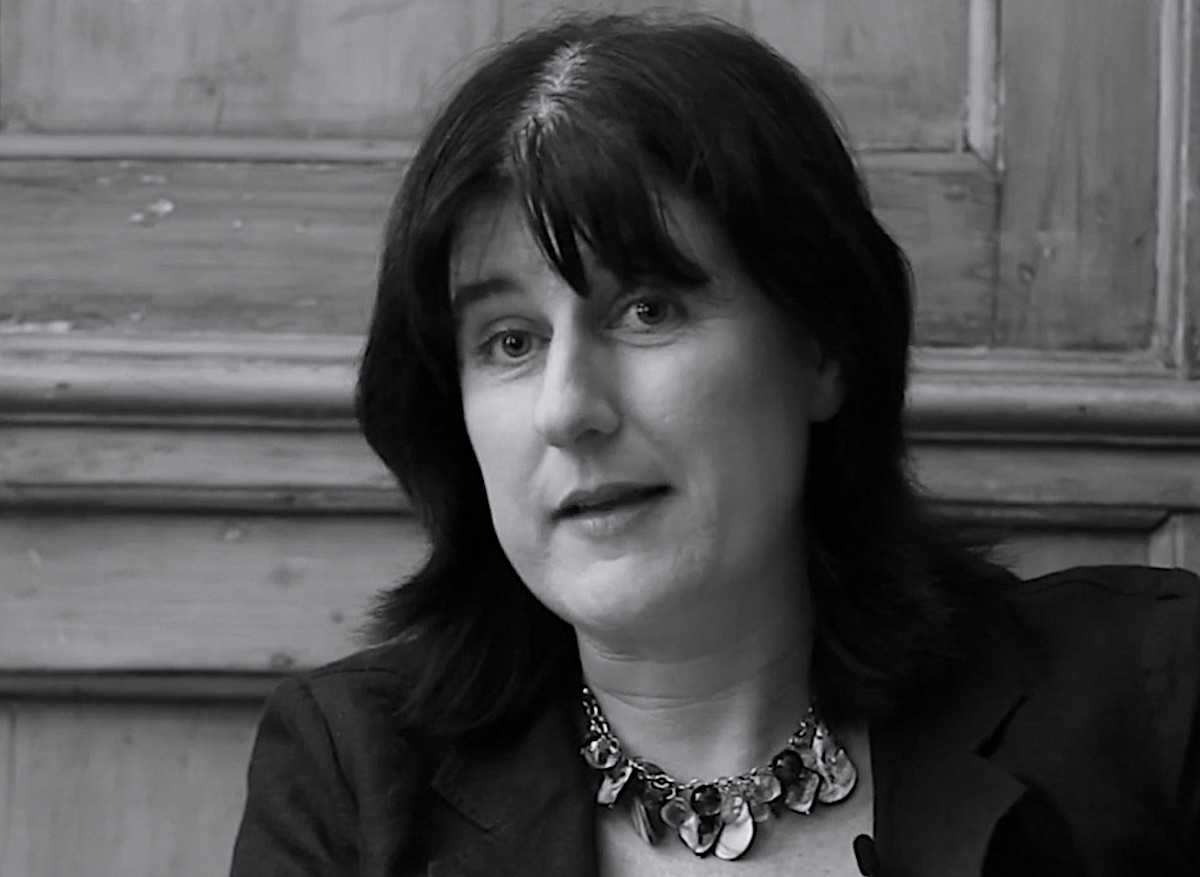(Nearly) two hundred years of the Old Vic
The Old Vic first opened its doors in May 1818. Back then, building a new theatre south of the river was a commercially risky venture, and the Royal Coburg Theatre (as it was originally known) was only made viable by the recent construction of Waterloo Bridge. The first night programme included a melodrama, a pantomime and a harlequinade. Outside, Waterloo Road was unpaved and only half-completed, Waterloo station was still thirty years in the future. The approach to the theatre was across a badly lit bridge and then through Lambeth Marsh and theatre-goers worried about falling prey to thieves… Terry Coleman’s fascinating history of the Old Vic covers all of the astonishing ups and downs in the theatre’s history from opening night via Lilian Baylis and the Olivier era as first home to the National, to Kevin Spacey and beyond. I was lucky enough to get the chance to talk to him about it in this interview recorded on location in the circle bar last month for the Faber podcast. And here is an interview …


